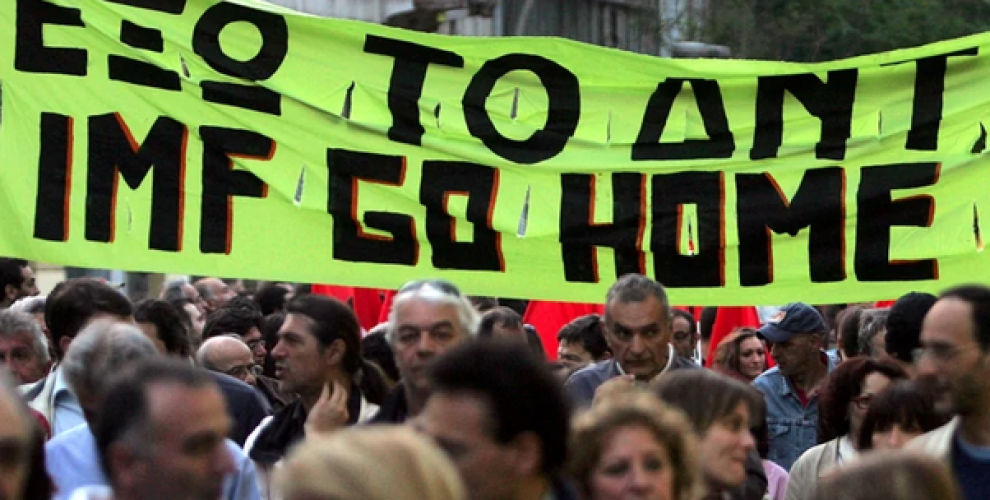The kidnapping of Argentina by the IMF
The Macri government agreed a ‘rescue plan’ with the IMF.
The Macri government agreed a ‘rescue plan’ with the IMF.

As announced a few weeks ago, the International Monetary Fund and the Argentina Government reached a financial rescue agreement.
In a public appearance in the US capital, the Argentinian Finance Minister, Nicholas Dujovne, released several details and figures on what was negotiated between the two parties.
Thus the loan amount, which initially was calculated would be over $ 30,000 million, has reached the figure of $ 50,000 million, to which must be added $ 5,650 that will be given by other international financial institutions.
The bulky figure seems to have to do directly with the serious risk that the Argentina banking system will actually enter in a shock.
According to the Minister, the objectives of the plan would be to lower inflation, achieve a fiscal balance and, "avoid a crisis”, as he said. During the 36 months of the agreement, the loan will be used to increase Central Bank reserves and reinforce budget items.
The commitment given by Macri-led Argentina is to reduce its fiscal deficit by $ 19,3 billion between this year and 2021, something that, as it was to be expected, the finance minister could not clarify how would be achieved, although it is logical to think that it will be through austerity, a concept the IMF promotes so much.
In an attempt to minimize the social rejection of the agreement, and to prevent social outbursts such as those that have already occurred in the country in the recent past to counter similar policies, an exception has been included in the document, a clause by which the Macri government "could increase social spending if it considers it necessary”.
Regarding the repayment of the credit, Argentina will have three years of grace, exactly the time that the agreed commitment will last, and from that date the South American country will have to pay the IMF 50,000 million in 8 quarterly payments, plus interests to one variable rate that could go from 1.9 to 4.96%.
Although the negotiated conditions with the other financial entities have not been disclosed, it can be assumed that they will be on line with those announced, given that these institutions promote, just like the IMF, strict neo-liberal policies.
Thus, the World Bank will contribute $ 1,700 million, the Inter-American Development Bank $ 2,500 million, and the Development Bank of Latin America, meanwhile, will add $ 1,400 million more to the total amount.
The first reactions to the announcement in Argentina have been the calling for new mobilizations and social protests by various labor sectors and pensioners, who have already seen their purchasing power diminish, due to the devaluation of 25% of the peso against the dollar in just one month: they reckon, by bitter experiences with the same IMF, that what is coming is a period of cuts in salaries, pensions and social expenses.
In other words, an austerity policy to guarantee liquidity in dollars in favor of large speculative financial capital, both foreign and domestic.
Regarding this social concern it is necessary to remember that Argentina did not have any debt or relationship with the IMF for a decade, when the then President Nestor Kirshner decided, with the help of the Venezuelan government of Hugo Chávez, to pay in one instalment the 10 billion dollars of debt that tied the country to that financial institution, and so severing the obligation to accept its "recommendations and recipes”.
Although this type of agreement is often referred to as financial "rescue", it could be really called, from the point of view of the vast majority of the "kidnapping”. The ransom of course will be forced upon the people.
On the other hand we must note that in other latitudes, in other countries comparable to Argentina as to their level of development, there have been signs of economic crisis in recent months. The best example can be Turkey, although with different characteristics.
That of economic crisis is an issue to be followed closely, especially when various economists and analysts have warned of an international economic-financial scenario similar to that which resulted in the great crisis of 2007, and from which many countries have barely recovered.